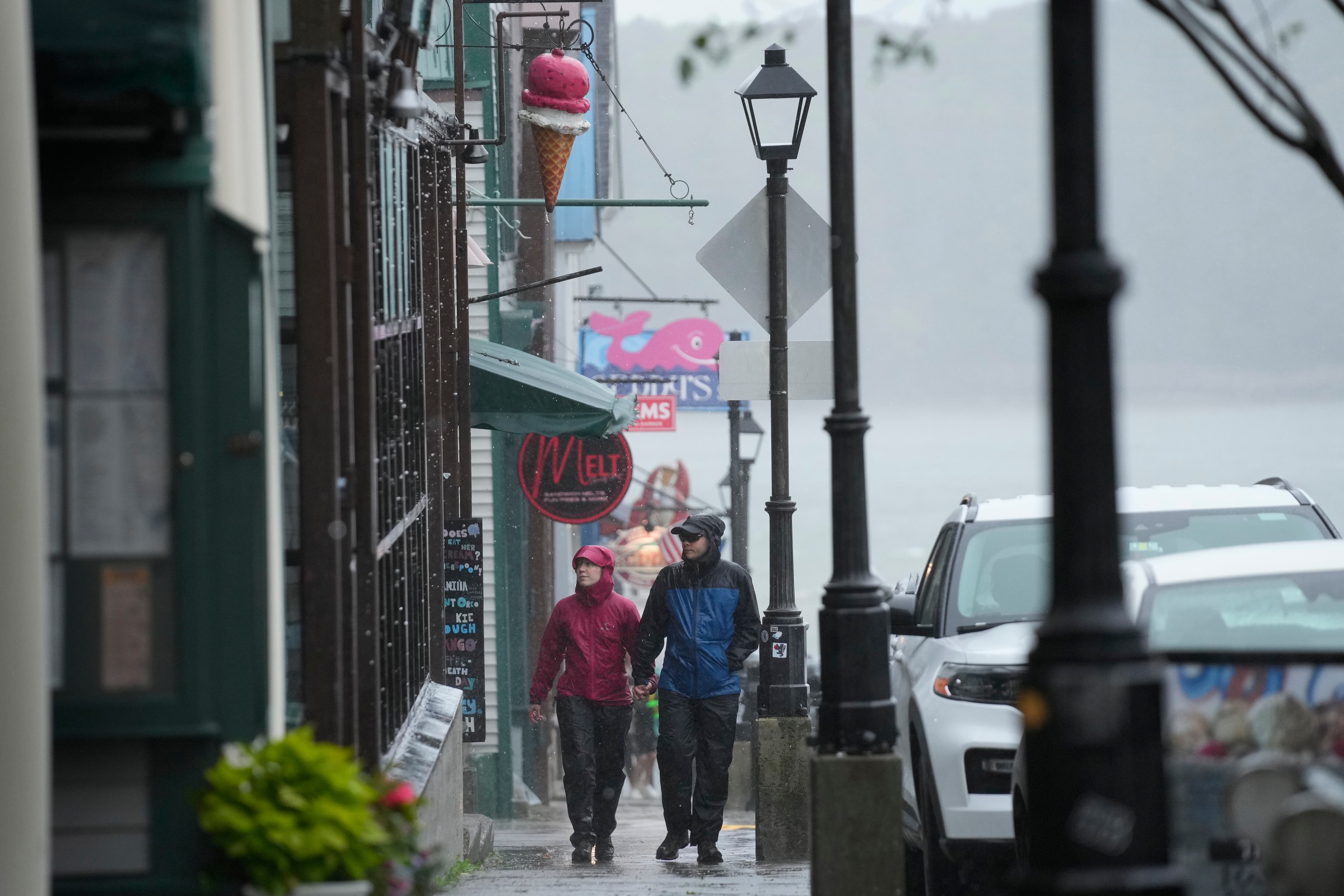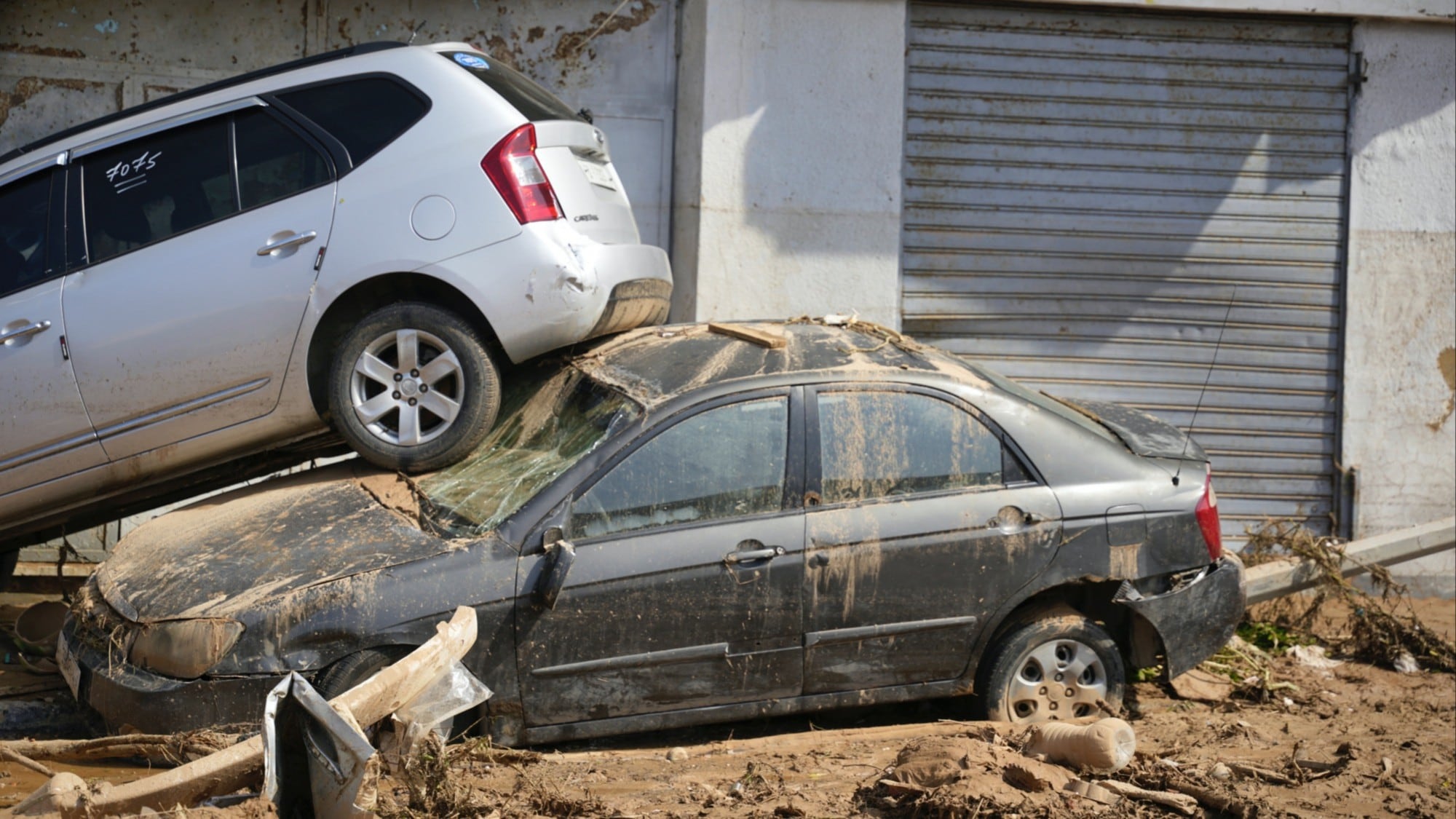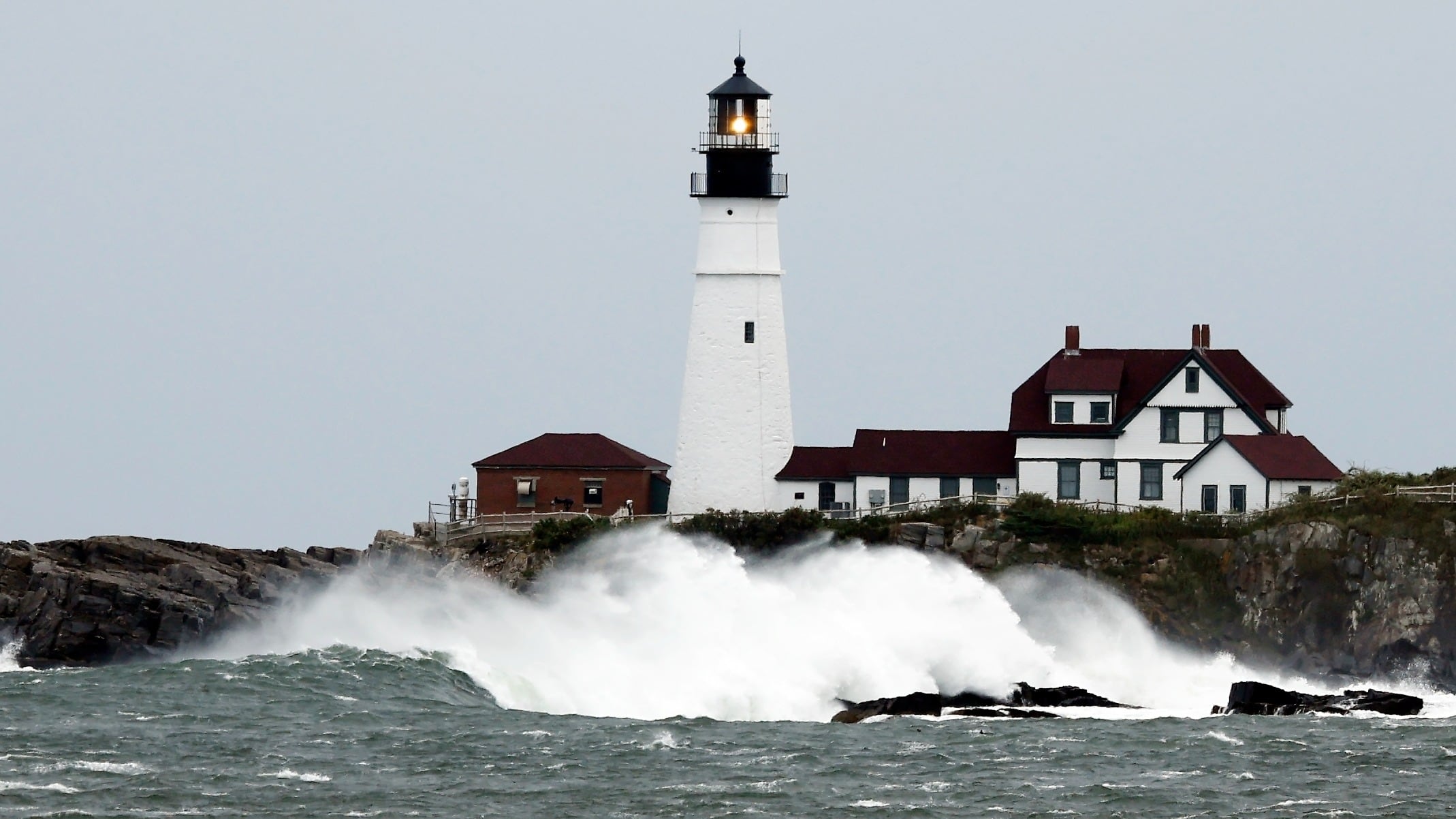The famed Darwin's Arch in the Galapagos Islands has lost its top, and officials are blaming natural erosion of the stone.
Ecuador's Environment Ministry reported the collapse on its Facebook page on Monday.
The rock structure — 43 meters (141 feet) high, 70 meters (230 feet) long and 23 meters (75feet) wide — is less than 1 kilometer (about half a mile) from Darwin Island and it's a popular spot for scuba divers. It's not accessible by land.
“Obviously all the people from the Galapagos felt nostalgic because it’s something we’re familiar with since childhood, and to know that it has changed was a bit of a shock," said Washington Tapia, director of conservation at Galapagos Conservancy. "However, from a scientific point of view, it’s part of the natural process. The fall is surely due to exogenous processes such as weathering and erosion which are things that normally happen on our planet.”
The unique flora and fauna on remote islands, some 1,000 kilometers (600 miles) off the coast of mainland Ecuador are famed in part for inspiring Charles Darwin's thoughts on evolution.
Health benefits of taking an ice bath.
How to prepare Brussels sprouts.
Cheddar News checks in with a coast-to-coast forecast of the weather for Monday, Sept. 18, 2023.
The United Nations revised its death toll numbers from the massive flooding in Libya.
Hurricane Nigel has formed in the Atlantic and is expected to intensify in the next 24 hours. Meanwhile, Lee brought rough surf along the U.S.-Canada border but the storm is expected to dissipate by Tuesday.
The United Nations is releasing an updated death toll in the Libya flooding disaster.
Hurricane Nigel has formed in the Atlantic and is expected to intensify in the next 24 hours. Meanwhile, Lee brought rough surf along the U.S.-Canada border but the storm is expected to dissipate by Tuesday.
Cheddar News checks in with a coast-to-coast forecast of the weather for Monday, Sept. 18, 2023.
Yelling that the future and their lives depend on ending fossil fuels, tens of thousands of protesters on Sunday kicked off a week where leaders will try once again to curb climate change primarily caused by coal, oil and natural gas.
Atlantic storm Lee — which made landfall at near-hurricane strength, bringing destructive winds and torrential rains to New England and Maritime Canada — kept weakening Sunday after officials withdrew warnings and predicted the storm would disappear early this week.










